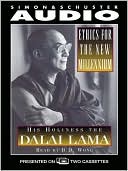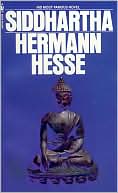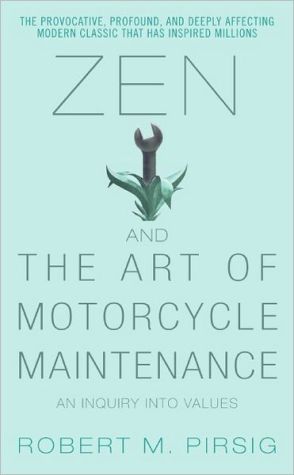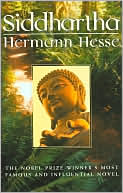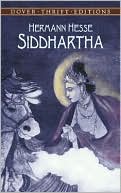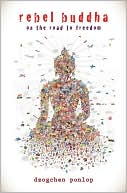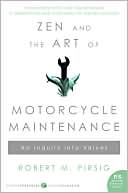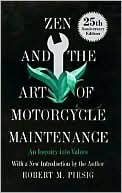Ethics for the New Millennium
Search in google:
Only during a time when we have so little faith in one another, so little confidence in the willingness of others to do what is right, can a strong voice emerge to dispel disillusionment and show us hope. It takes a person of great courage, such as the Dalai Lama, to face these times and say there is hope.There is an argument to be made for basic human goodness. The number of people who spend their lives being violent or dishonest is tiny compared with the number of people -- the vast majority we don't hear about -- who would wish others only well. According to the Dalai Lama, our survival has depended and will depend on our basic goodness. "Much more effective and important than legislation is our regard for one another's feelings at a simple human level....Here, I refer to the capacity we all have to empathize with one another...to arrive at the inability to bear the sight of another's suffering." The Dalai Lama presents an ethical system that not only is based on commonsense... Publishers Weekly "This is not a religious book," asserts the Dalai Lama about a volume that's his most outspoken to date on moral and social issues. "My aim has been to appeal for an approach to ethics based on universal rather than religious principles." The Dalai Lama adopts this approach because, he notes, the majority of humanity ignores religion, the traditional vehicle for ethics, yet observation shows him that happiness, which he discerns as the prime human goal, depends upon "positive ethical conduct." The entire book, written in simple, direct prose, reflects this sort of step-by-step reasoning, taking on color and drama with numerous anecdotes drawn from the Tibetan leader's personal experience. Methodically, the Dalai Lama explores the foundation of ethics, how ethics affects the individual and the role of ethics in society. He resorts often to Buddhist principles (as in employing the idea of dependent origination--that nothing arises or exists of itself--to demonstrate the interrelatedness of all life), but also to native Tibetan ideas and, occasionally, to secular thought or that of other religions. The book represents no radical departure from his previous work, but it does present a number of forceful views on issues ranging from cloning to vivisection to excess wealth ("the life of luxury... is unworthy"), as well as personal flavor not seen in his books since his autobiography, Freedom in Exile. The Dalai Lama refers, for instance, to his unwillingness to sell his watch collection for money to feed the poor as an example of ethical limitation. With its disarmingly frank, kindly manner and authoritative air, the book is what one would expect from a Nobel Peace Prize winner, and could appeal as widely as the Dalai Lama's current bestseller, The Art of Happiness. (Aug.) Copyright 1999 Cahners Business Information.
Prefacexi I The Foundation of Ethics1 Chapter 1 Modern Society and the Quest for Human Happiness3 Chapter 2 No Magic, No Mystery19 Chapter 3 Dependent Origination and the Nature of Reality35 Chapter 4 Redefining the Goal49 Chapter 5 The Supreme Emotion63 II Ethics and the Individual79 Chapter 6 The Ethic of Restraint81 Chapter 7 The Ethic of Virtue101 Chapter 8 The Ethic of Compassion123 Chapter 9 Ethics and Suffering133 Chapter 10 The Need for Discernment145 III Ethics and Society159 Chapter 11 Universal Responsibility161 Chapter 12 Levels of Commitment173 Chapter 13 Ethics in Society179 Chapter 14 Peace and Disarmament201Chapter 15 The Role of Religion in Modern Society219 Chapter 16 An Appeal233
